|
It may feel like summer's winding down, but it's still technically summer (in the northern hemisphere) until the autumnal equinox on September 22nd! We published three new science fiction books this summer, so we're celebrating the last couple of weeks of the Earth's orbit toward the equinox with a SciFiSummer sale! Use the promo code SCIFISUMMER in the World Weaver Press online store to get 25% off any of our science fiction titles, either ebook or paperback! This offer expires September 22, 2018. Click or tap the covers below to learn more about each of these books, or check out our entire science fiction selection at https://www.worldweaverpress.com/store/c9/Science_Fiction.html This offer also includes anthologies that include at least one science fiction story. Check out "If I Only Had an Autogenic Cognitive Decision Matrix" by Scott Burtness in Scarecrow, “Agatha Sings to the Scorpions” by Jeff Kuykendall in Mrs. Claus, "Nautilus" by V. F. LeSann in Sirens, and "Neither Snow, nor Rain, nor Heat-Ray" by M.L.D Curelas in Equus. The same promo code, SCIFISUMMER will also get you 25% off of any of these mixed-genre anthologies.
0 Comments
 When I started looking around for possible translators to bring the Brazilian Solarpunk anthology to English readers, I very quickly set my sights on Fábio Fernandes, a Brazilian writer and translator that I was familiar with from his publications in anthologies such as People of Colo(u)r Destroy Science Fiction! and The Apex Book of World SF. He was on board with the project right away—apparently he'd already read the Portuguese version, and had worked with the publishers on a steampunk anthology. In the interview below, Fábio talks about the challenges of translation, the differences between the SFF communities in the US and Brazil, and what he's hoping to see with the future of solarpunk fiction.  Sarena Ulibarri: You're a translator, but you're also an accomplished writer, with publications in both English and Portuguese. Since you have one foot in the Brazilian SFF world and one in the US/UK SFF world, what are the main differences you observe between these two publishing worlds? Fábio Fernandes: They are two really different worlds, to the point of make any writer who wants to walk between them a schizophrenic of sorts. The Anglo market is well established, maybe because of the pulp magazines in the 1920s, and today there are many magazines (most of them digital, but part of a paying market nonetheless), and also a variety of publishing houses. Brazil has been building a solid market in the past few years, but there is only one paying venue right now for SF, Fantasy and Horror (Trasgo magazine, edited by Rodrigo Van Kampen), and a handful of publishers (among which Editora Draco). The Brazilian market is more amauterish (both in good in bad ways), but that's changing at a fast pace. SU: You've translated some amazing SFF books into Portuguese, including William Gibson's Neuromancer and Anthony Burgess's A Clockwork Orange. What are some of the biggest translation challenges you've faced? FF: These two novels were, hands down, the most challenging to translate. A Clockwork Orange took nine months, and it was the most exhausting translation I've ever done, one that demanded lots of research. I started studying Russian to get a better grasp on the nadsat language, among other things. Neuromancer was also demanding, but it was a demand of a different nature. For me, Neuromancer is the Moby-Dick of science fiction, and the opening sentence alone took me a couple of months, realtime, to translate properly (I say "realtime" because I've been thinking of how I would translate it since I read it for the first time, in 1989 (I finally translated it in 2009). SU: What do you most hope to see in new books and stories following the solarpunk tradition? FF: Optimism. I'm a huge fan of Kim Stanley Robinson's work, and also of his concept of a "logistic utopia". This is not the kind of utopia you read about in classic SF, where every human problem is solved and we live in a post-scarcity age. I don't believe this age will ever come, but I do believe in working for a more equal, just society. I love when I can read stories dealing with this in a mostly optimistic way. SU: The Clarion and Clarion West workshops can be a fantastic network for writers. Who were some of your teachers and classmates, and what is one of your favorite memories from the Clarion West workshop? FF: Clarion West, in 2013, was, hands down, one of the highlights of my life. I'm 51 years old and I waited 25 years to get there. I felt like a teenager (but with a salt-and-pepper beard) meeting some of my literary heroes. Neil Gaiman, Chip Delany, Ellen Datlow, Liz Hand, Margo Lanagan, and Joe Hill —not to mention other writers who dropped there to talk to us, like Ted Kosmatka, Marc Laidlaw, and Kim Stanley Robinson (who I had translated years ago for the late Brazilian version of Asimov's). I have plenty of good memories from Seattle. One of them is playing arcade games with Joe Hill and his sons — and losing! (Boy, are they good!!) other good memory is my one-on-one with Samuel Delany, in which he analyzed not one, but two of my stories and hinted that I might want to focus on novels instead of short stories — which is exactly what I'm doing now. SU: What are you working right now as an author or editor? FF: I'm finishing a short story for a New Weird anthology in Spanish. Alas, I'm not very good writing in Spanish (My native language is Portuguese), but I'm working on that. Aside from that, working on my first novel in English (almost finishing the first draft) and trying my hand again as an editor in a couple of projects for Brazilian publishers. Fingers crossed! 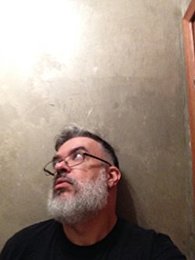 Fábio Fernandes lives in São Paulo, Brazil. He has published two books so far, an essay on William Gibson’s fiction, A Construção do Imaginário Cyber, and a cyberpunk novel, Os Dias da Peste (both in Portuguese). Also a translator, he is responsible for the translation to Brazilian Portuguese of several SF novels, including Neuromancer, Snow Crash, and A Clockwork Orange. His short stories have been published online in Brazil, Portugal, Romania, the UK, New Zealand, and USA, and also in Ann and Jeff VanderMeer’s Steampunk II: Steampunk Reloaded, Southern Fried Weirdness: Reconstruction (2011), The Apex Book of World SF, Vol 2, and Stories for Chip. He co-edited (with Djibril al-Ayad) the postcolonialist anthology We See a Different Frontier. He is a graduate of Clarion West, class of 2013. About a year ago, we secured the rights to translate the world's first solarpunk anthology, published in Portuguese in 2012, and ran a successful Kickstarter campaign to fund the translation. Backers received their copies earlier this summer, but now it's officially on sale in ebook and paperback! SOLARPUNK: ECOLOGICAL AND FANTASTICAL STORIES IN A SUSTAINABLE WORLD, edited by Gerson Lodi-Ribeiro and translated by Fábio Fernandes, contains nine stories from Brazil and Portugal, exploring humanity's relationship with alternative energy sources. Each story also features an original illustration by Portuguese artist José Baetas. What Early Readers Are Saying: "If you’re at all interested in speculative fiction about the environment and humanity’s future potential relationship with energy, you’ll definitely want to read Solarpunk." "[D]elightfully diverse…Solarpunk contains everything from hardboiled noir to Lovecraftian lovechildren." "Very, very interesting anthology overall both for the Brazil-centric POV of most of the stories as well as the solarpunk futuristic aspects." About the Editor Gerson Lodi-Ribeiro had two novelettes published in Brazilian Asimov’s: hard SF “Mythic Aliens” and “The Ethics of Treason”. The latter was the first alternative history story in Brazilian and Portuguese science fiction. His alternative history novelette “The Vampire of New Holland” won the Nova Awards 1996, while his SF novelette “The Daughter of the Predator” won the Nautilus 1999. His main short fiction collections are: Other Histories…, The Vampire of New Holland, Other Brazils, Taikodom: Chronicles and The Best of Carla Cristina Pereira. Gerson has published four novels so far: Xochiquetzal: An Aztec Princess Among the Incas, The Guardian of Memory, The Adventures of the Vampire of Palmares and Strangers in Paradise. He has edited eight short fiction anthologies so far: Phantastica Brasiliana, How Lustful my Alien Girl Was!, Vaporpunk, Dieselpunk, Solarpunk, Fantastic Erotica 1, Super-Heroes, and Dinosaurs. Beyond the science fiction borders, he published Vita Vinum Est!: History of Wine in the Roman World. About the Translator Fábio Fernandes lives in São Paulo, Brazil. He has published two books so far, an essay on William Gibson’s fiction, A Construção do Imaginário Cyber, and a cyberpunk novel, Os Dias da Peste (both in Portuguese). Also a translator, he is responsible for the translation to Brazilian Portuguese of several SF novels, including Neuromancer, Snow Crash, and A Clockwork Orange. His short stories have been published online in Brazil, Portugal, Romania, the UK, New Zealand, and USA, and also in Ann and Jeff VanderMeer’s Steampunk II: Steampunk Reloaded, Southern Fried Weirdness: Reconstruction (2011), The Apex Book of World SF, Vol 2, and Stories for Chip. He co-edited (with Djibril al-Ayad) the postcolonialist anthology We See a Different Frontier. He is a graduate of Clarion West, class of 2013.
GRIMM, GRIT, AND GASOLINE: An anthology of Dieselpunk and Decopunk Fairy Tales Anthologist: Rhonda Parrish Open for Submissions: August 1, 2018 - September 30, 2018 Expected Publication: mid-2019 Story Length: up to 7,500 words Payment: $0.01 per word + contributor copy Dieselpunk and decopunk are alternative history reimaginings of the WWI and WWII eras beginning with the assassination of Archduke Franz Ferdinand and ending before the bombing of Hiroshima and Nagasaki. I’m looking for tales with the grit of roaring bombers, rumbling tanks, of 'We Can Do It', the Great Depression and old time gangsters or the glamour (real or imagined) of flappers, Hollywood starlets, smoky jazz, elegant cars and Radio City Music Hall. Plus fairy tales. For example: a ‘mend and make do’ take on the Elves and the Shoemaker, a trench warfare version of The Emperor’s New Clothes, or Hansel and Gretel as Bonnie and Clyde. The possibilities are limitless. Original fairy tales are welcome, as are retellings. If you choose to retell a familiar favourite, make sure your story offers something new and interesting. I’d rather see stories that reflect the long history of fairy tales as social commentary than those which simply tell the same story with a different setting. And while dieselpunk tends to be focused on North America and Western Europe, this anthology needn’t be. I am open to stories set all over the world, and would love to see ‘Own Voices’ stories. Need inspiration? Check out The Mammoth Book of Dieselpunk, Amberlough, or Sky Captain and the World of Tomorrow. Simultaneous submissions = okay. Multiple submissions = no. How to submit: Between August 1 and September 30, upload your story here: https://niteblade.submittable.com/submit Please mention in your cover letter whether this is an original fairy tale or a retelling, and if it's a retelling or mash-up which story or stories inspired it. About the Anthologist Rhonda Parrish is driven by the desire to do All The Things. She was the founder and editor-in-chief of Niteblade Magazine, is an Assistant Editor at World Weaver Press, and is the editor of several anthologies including, most recently, Equus and D is for Dinosaur. In addition, Rhonda is a writer whose work has been included or is forthcoming in dozens of publications including Tesseracts 17: Speculating Canada from Coast to Coast, Imaginarium: The Best Canadian Speculative Writing (2012 & 2015), and Mythic Delirium. Her website, updated weekly, is at rhondaparrish.com. More Anthologies From Rhonda Parrish
|
World Weaver PressPublishing fantasy, paranormal, and science fiction. Archives
February 2024
|
- Home
-
Books
-
All Books
>
- Beyond the Glass Slipper
- Bite Somebody
- Bite Somebody Else
- Black Pearl Dreaming
- Cassandra Complex
- Causality Loop
- Clockwork, Curses, and Coal
- Continuum
- Corvidae
- Cursed: Wickedly Fun Stories
- Dream Eater
- Equus
- Fae
- Falling of the Moon
- Far Orbit
- Far Orbit Apogee
- Fractured Days
- Frozen Fairy Tales
- Glass and Gardens: Solarpunk Summers
- Glass and Gardens: Solarpunk Winters
- Grandmother Paradox
- Grimm, Grit, and Gasoline
- Haunted Housewives
- Heir to the Lamp
- He Sees You When He's Creepin': Tales of Krampus
- Into the Moonless Night
- Jack Jetstark's Intergalactic Freakshow
- King of Ash and Bones (ebook)
- Krampusnacht
- Last Dream of Her Mortal Soul
- Meddlers of Moonshine
- Mothers of Enchantment
- Mrs Claus
- Multispecies Cities
- Murder in the Generative Kitchen
- Recognize Fascism
- Scarecrow
- Sirens
- Shards of History
- Shattered Fates
- Skull and Pestle
- Solarpunk (Translation)
- Solarpunk Creatures
- Solomon's Bell
- SonofaWitch!
- Speculative Story Bites
- Trenchcoats, Towers, and Trolls
- Weredog Whisperer
- Wolves and Witches
- Anthologies and Collections
- Novels
- Novellas
- Fairy Tale
- Fantasy
- Romance
- Science Fiction
- Urban/Contemporary Fantasy
- Young Adult SFF
-
All Books
>
- Blog
- About
- Contact
- Press / Publicity
- Newsletter Signup
- Privacy Policy
- Store

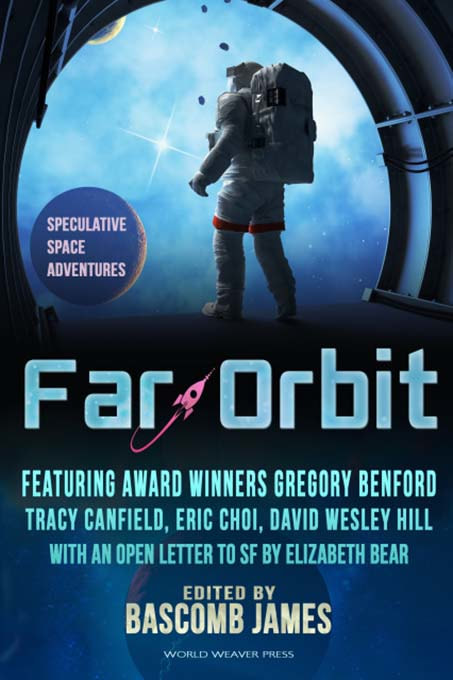
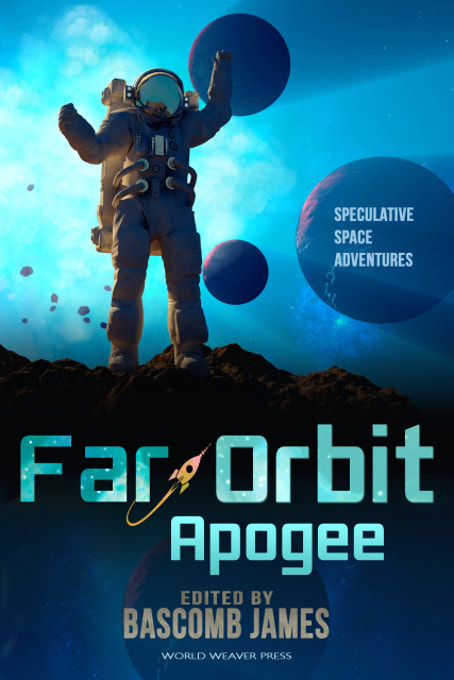
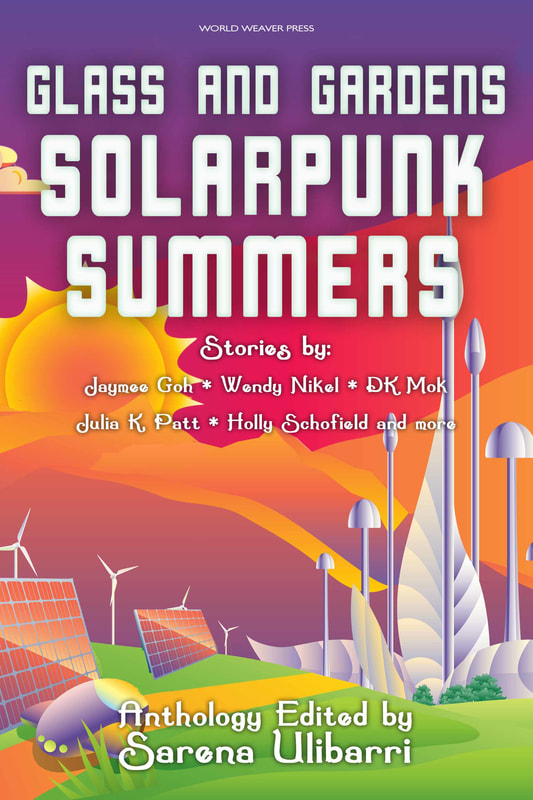

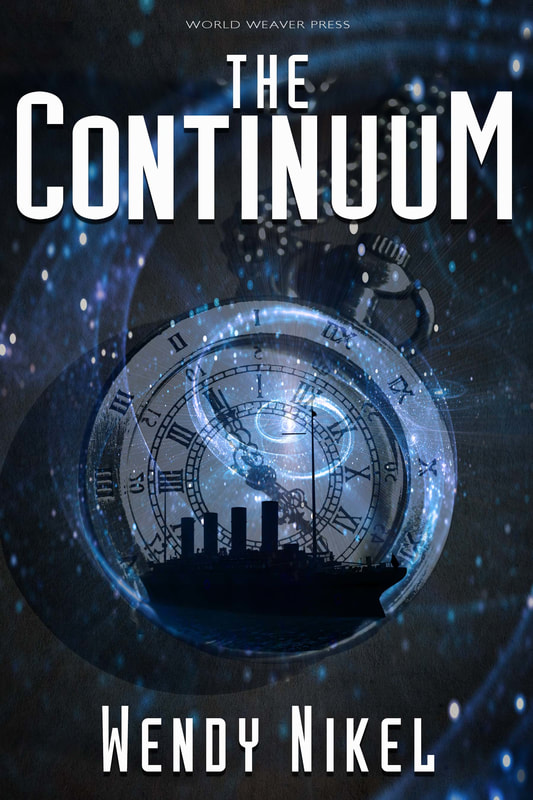
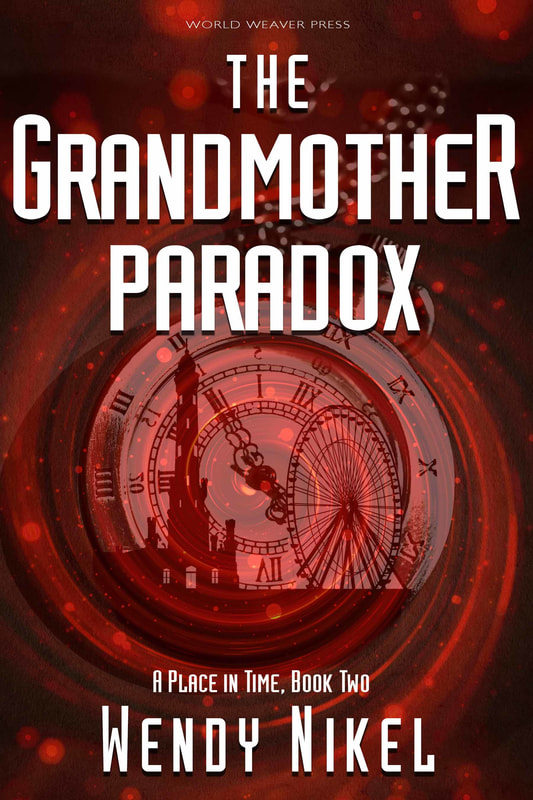
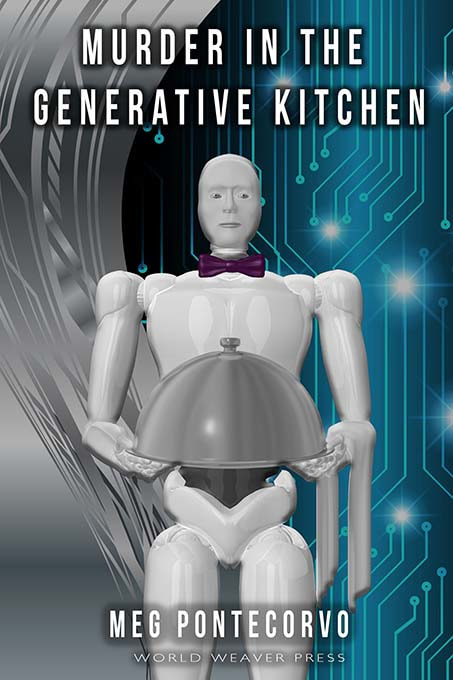
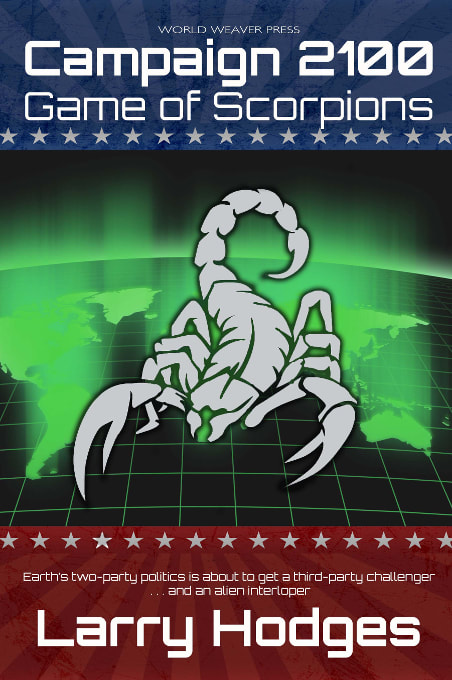
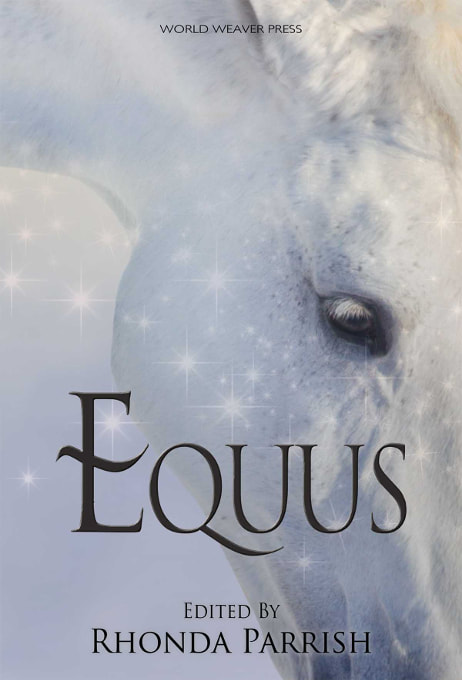
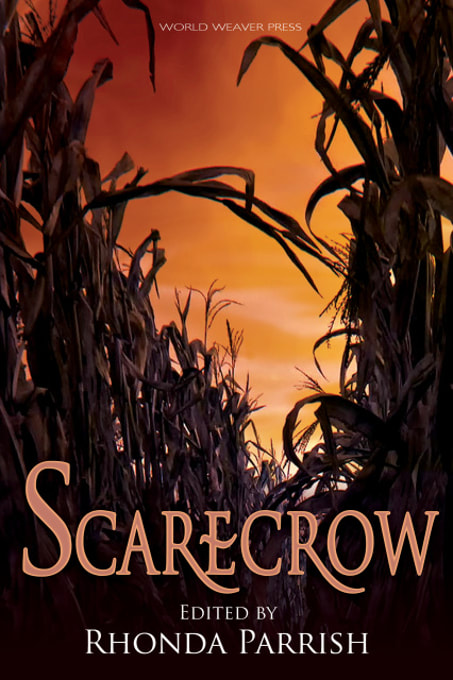
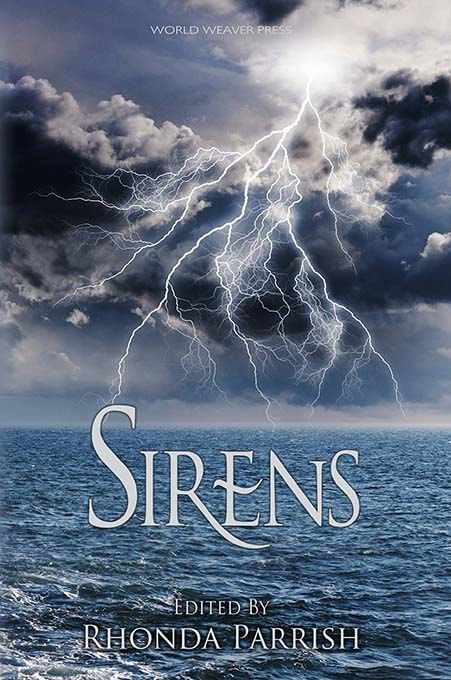

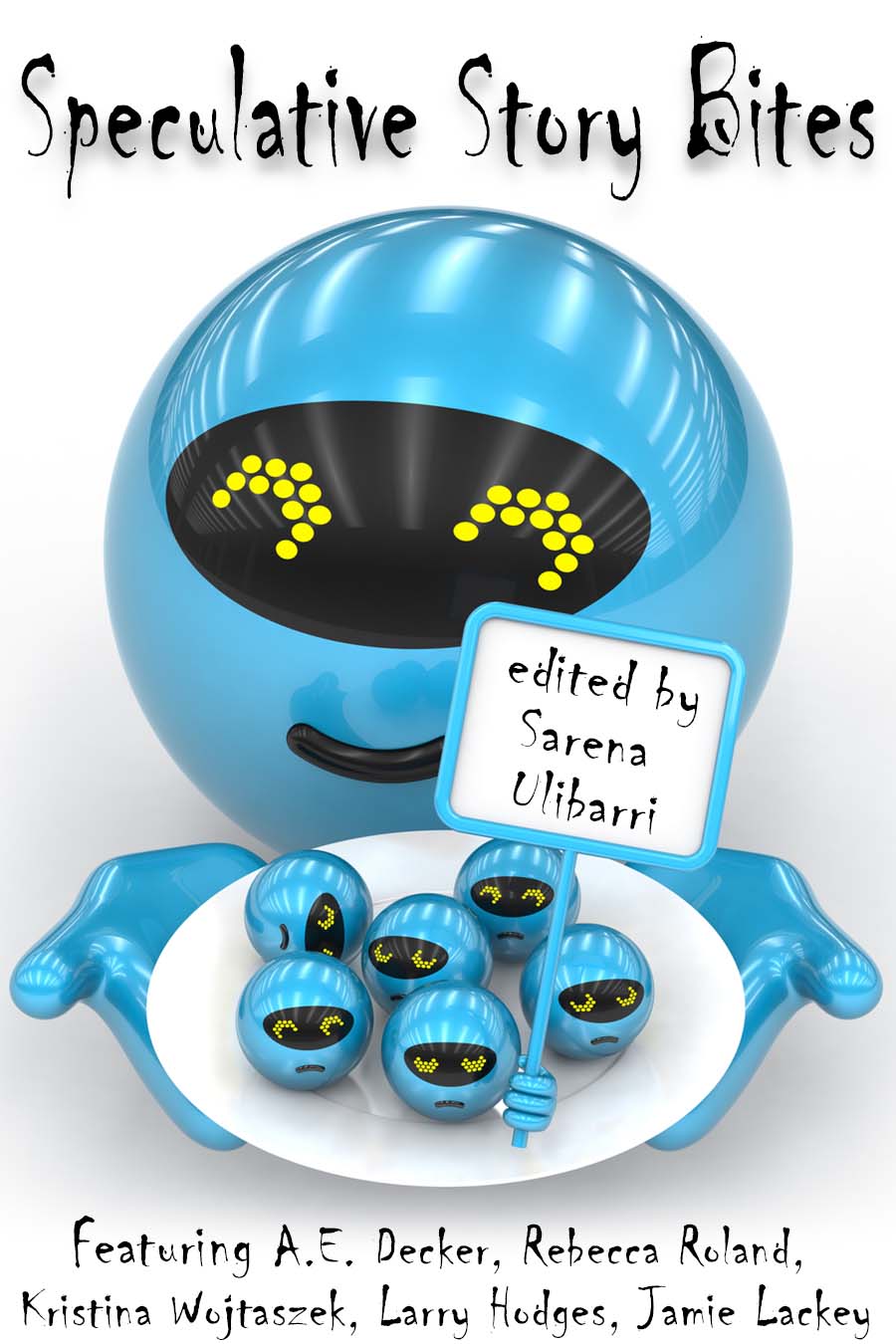





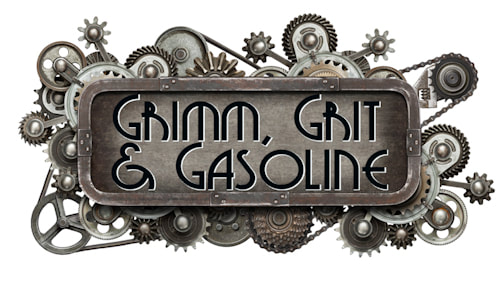
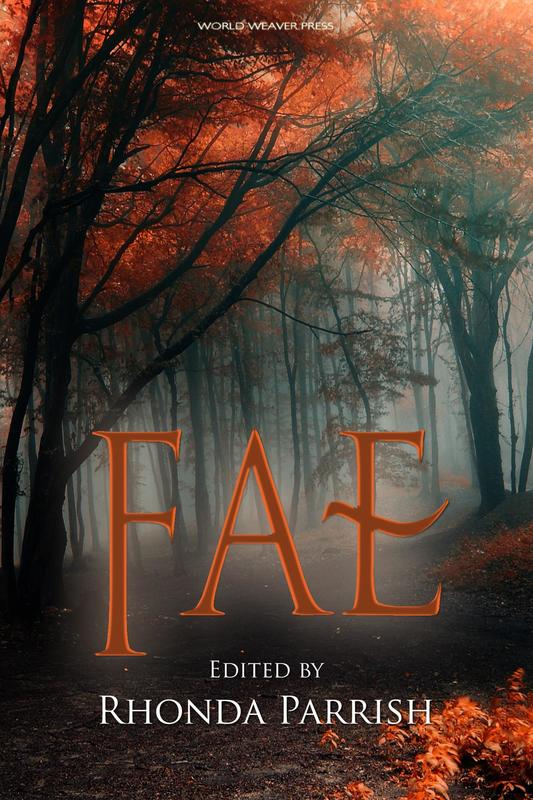
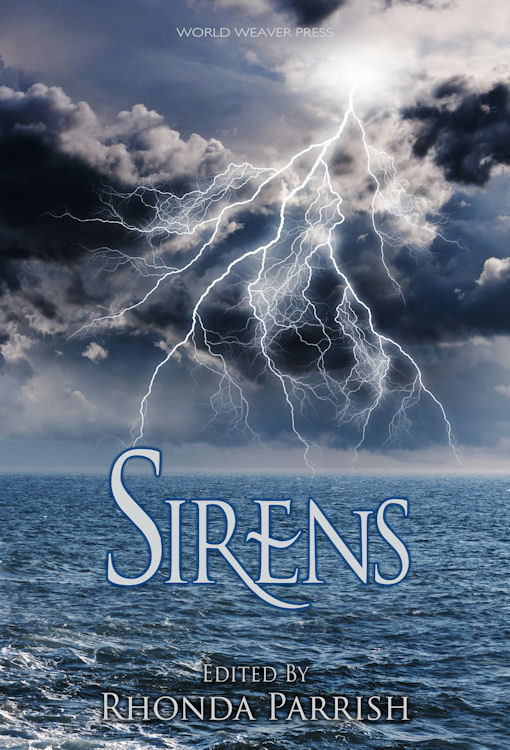

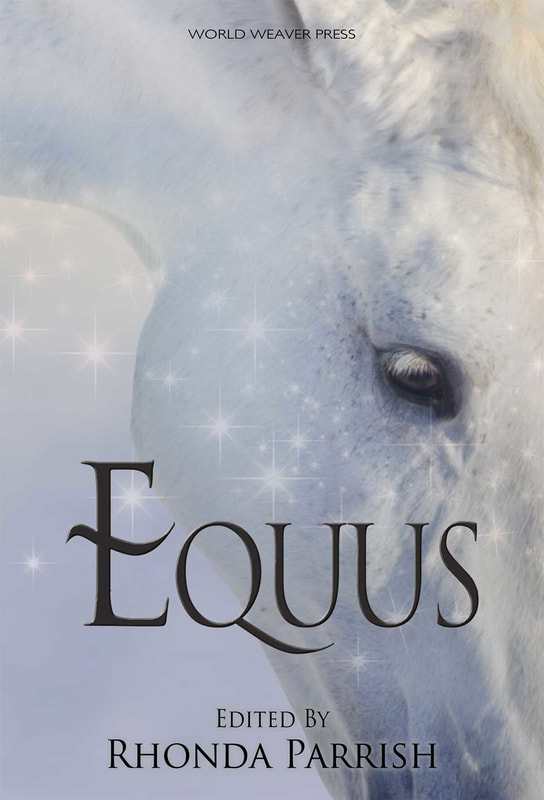
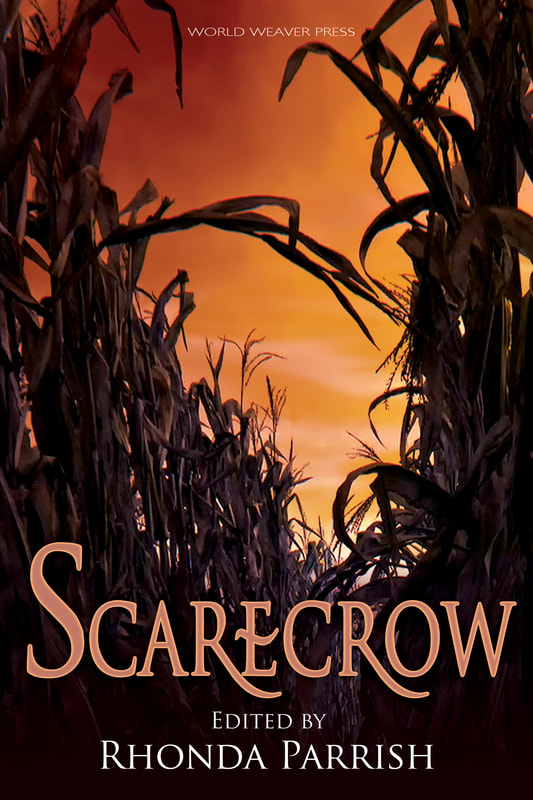

 RSS Feed
RSS Feed